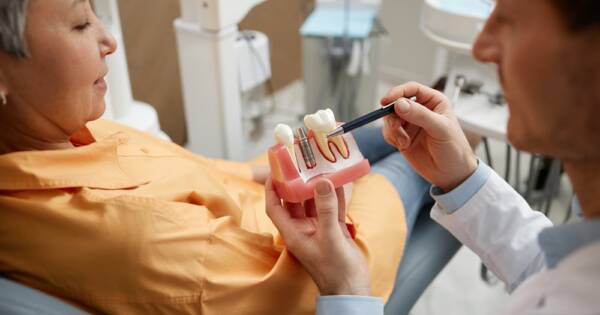Breast cancer continues to be a significant health concern worldwide, affecting millions of individuals each year. Understanding its signs, risk factors, screening methods, and treatment options is crucial for early detection and effective management. Common signs include lumps, changes in breast appearance, and unusual discharge. With increased awareness, regular screenings, and proactive care, individuals can significantly enhance their chances of early diagnosis, leading to life-saving interventions and better overall health outcomes.
Signs and Symptoms
Early-stage breast cancer may not present noticeable symptoms. However, as the tumor grows, common signs include:
- A new lump in the breast or underarm.
- Persistent breast pain.
- Swelling or thickening of part of the breast.
- Irritation or dimpling of breast skin.
- Redness or flaky skin in the nipple area.
- Nipple discharge other than breast milk, including blood.
- Any change in the size or shape of the breast.
It’s essential to consult a healthcare provider if any of these symptoms are observed.
Risk Factors
Several factors can increase the risk of developing breast cancer:
- Gender: Although there are rare cases where it has affected men, breast cancer mostly affects women.
- Advancing Age: Approximately 66 percent of invasive breast cancers are diagnosed in women aged 55 or older.
Non-Modifiable Risk Factors
Risk factors that you cannot change are:
- Genetic Mutations: Between five percent and 10 percent of breast cancers can be linked to inherited genetic mutations. The BRCA1 and BRCA2 genes are the most common. Women who have inherited the BRCA1 or BRCA2 gene are not only at increased risk for breast cancer but also at increased risk for ovarian cancer.
- Previous Radiation Therapy or Exposure to Diethylstilbestrol (DES): Women treated with radiation therapy to the chest for cancer prior to the age of 30 are at increased risk of developing breast cancer. DES has not been prescribed to pregnant women to prevent miscarriage since 1971. However, if your mother took this medication during her pregnancy with you, you are at increased risk for breast cancer.
One last non-modifiable risk factor is having dense breasts.
Modifiable Risk Factors
Risk factors for breast cancer that you can change include:
- Lack of Physical Activity: It is well-known that the lack of exercise in women can increase their risk of being diagnosed with breast cancer.
- Being Overweight or Obese: Obesity, especially after menopause, can increase your risk of breast cancer.
- Hormone Replacement Therapy (HRT): Some types, including both estrogen and progesterone, can increase your risk of breast cancer if taken for a duration greater than five years.
- Excessive Alcohol Consumption: There is a positive correlation between a woman’s risk for breast cancer and increasing consumption of alcoholic beverages beyond the recommended one drink per day for women.
Screening and Prevention
Regular screening is vital for early detection:
- Mammograms: X-ray images of the breast are the standard screening tool.
- Clinical Breast Exams: Performed by healthcare providers to check for lumps or changes.
- Breast Self-Exams: Individuals examining their own breasts for abnormalities.
Preventive measures include maintaining a healthy lifestyle, regular exercise, limiting alcohol intake, and discussing risks with a healthcare provider, especially if there’s a family history.
Treatments
Treatment options depend on the type and stage of breast cancer:
- Surgery: Removing the tumor or entire breast (mastectomy).
- Radiation Therapy: Using high-energy rays to target and kill cancer cells.
- Chemotherapy: Drugs administered to destroy cancer cells, often used before or after surgery.
- Hormone Therapy: For cancers sensitive to hormones, medications can block the body’s natural hormones that fuel cancer growth.
- Targeted Therapy: Drugs that specifically target cancer cell mechanisms.
- Immunotherapy: Boosts the body’s immune system to attack cancer cells.
Recent Advances
In recent years, there have been significant advancements in breast cancer treatment:
- FDA Approvals: New treatments have been approved for advanced breast cancer, offering more options to patients.
- Liquid Biopsies: The NHS in England has introduced liquid biopsies to detect circulating tumor DNA, enabling more precise treatment strategies.
- Immunotherapy Trials: Studies have shown that immunotherapy drugs like pembrolizumab (Keytruda) can significantly improve outcomes for patients with high-risk, early triple-negative breast cancer.
Outlook
The prognosis for breast cancer patients has improved over the years, thanks to early detection and advanced treatments. The five-year survival rate is high, especially when the cancer is detected early. Ongoing research and clinical trials continue to enhance treatment options and outcomes for patients worldwide.
Staying informed about breast cancer, engaging in regular screenings, and adopting a healthy lifestyle are key steps in reducing risk and ensuring early detection.





